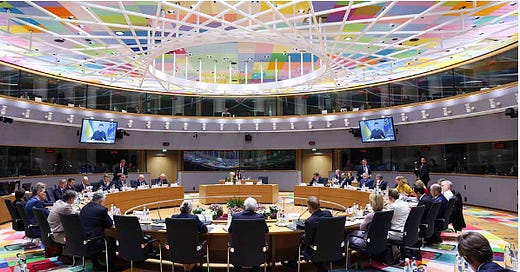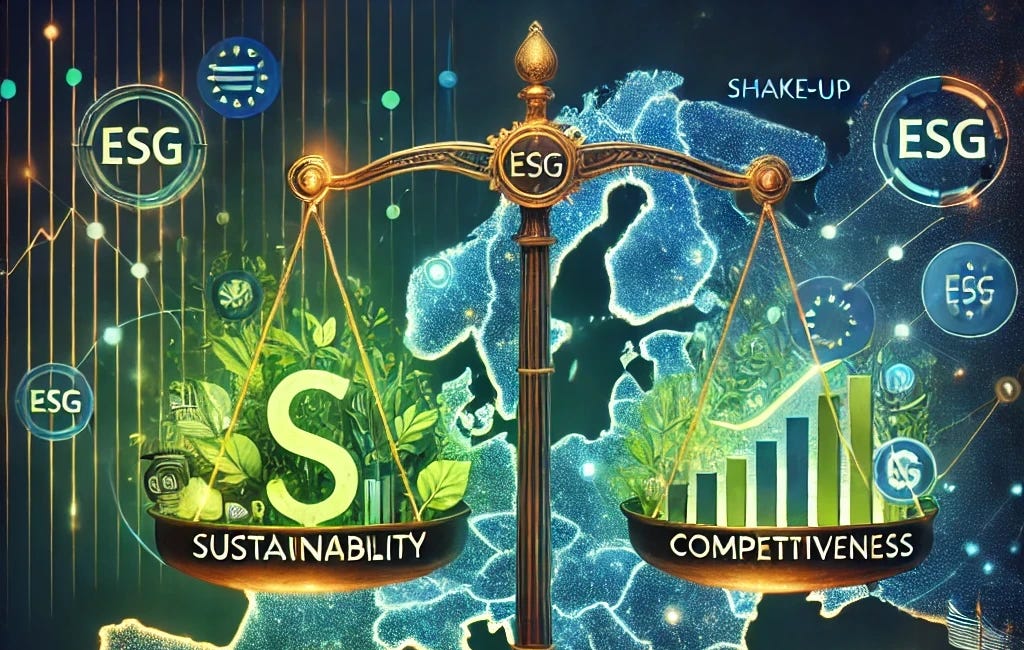EU Council Reaches Rapid Deal on 'Stop-the-Clock' as Poland Leads; Parliament Vote Set for 1 April
Madiha Mouchtak MBA. 27 March 2025
The Council of the EU has reached yesterday - 26 March- a political agreement on the ‘Stop-the-Clock’ directive, a key part of the European Commission’s Omnibus I simplification package.
This move, led by the Polish EU Presidency, aims to reduce regulatory pressure and provide much-needed legal certainty for businesses, particularly as they prepare for upcoming sustainability obligations.
The directive proposes to postpone by two years the application of the Corporate Sustainability Reporting Directive (CSRD) for large companies not yet reporting and for listed SMEs. It also delays by one year the transposition deadline and first phase of application of the Corporate Sustainability Due Diligence Directive (CSDDD) for the largest companies.
Polish Minister for EU Affairs, Adam Szłapka, highlighted simplification as a top priority, framing this agreement as a critical first step toward cutting red tape and enhancing EU competitiveness. Member states broadly supported the urgency and direction of the proposal, clearing the way for negotiations with the European Parliament.
The European Parliament is scheduled to vote on 1 April on a request for urgent procedure to accelerate adoption.
A swift agreement between co-legislators could buy time for further substantive changes to CSRD and CSDDD, also under the Omnibus I package.
The Council’s action answers calls from EU leaders, including those in the Letta and Draghi reports and the Budapest Declaration, to launch a "simplification revolution" and reduce burdens on European businesses—especially SMEs—without delay.
Read the full European Council Press Release
Published Earlier
The Omnibus Shake-Up. What Companies Must Do Now to Stay Ahead?
The Omnibus proposal has significantly reshaped EU sustainability reporting, reducing mandatory obligations for a large portion of businesses. However, this does not mean companies can afford to ignore ESG compliance.






